Computer simulations provide insights into molecular systems that would not be possible from experiment alone. We develop quantum-chemical methods for the description of complex chemical systems – ranging from biomolecules to materials. We apply these methods to study spectroscopic properties and to design functional chemical systems – for energy conversion, for catalysis, and for drug discovery.
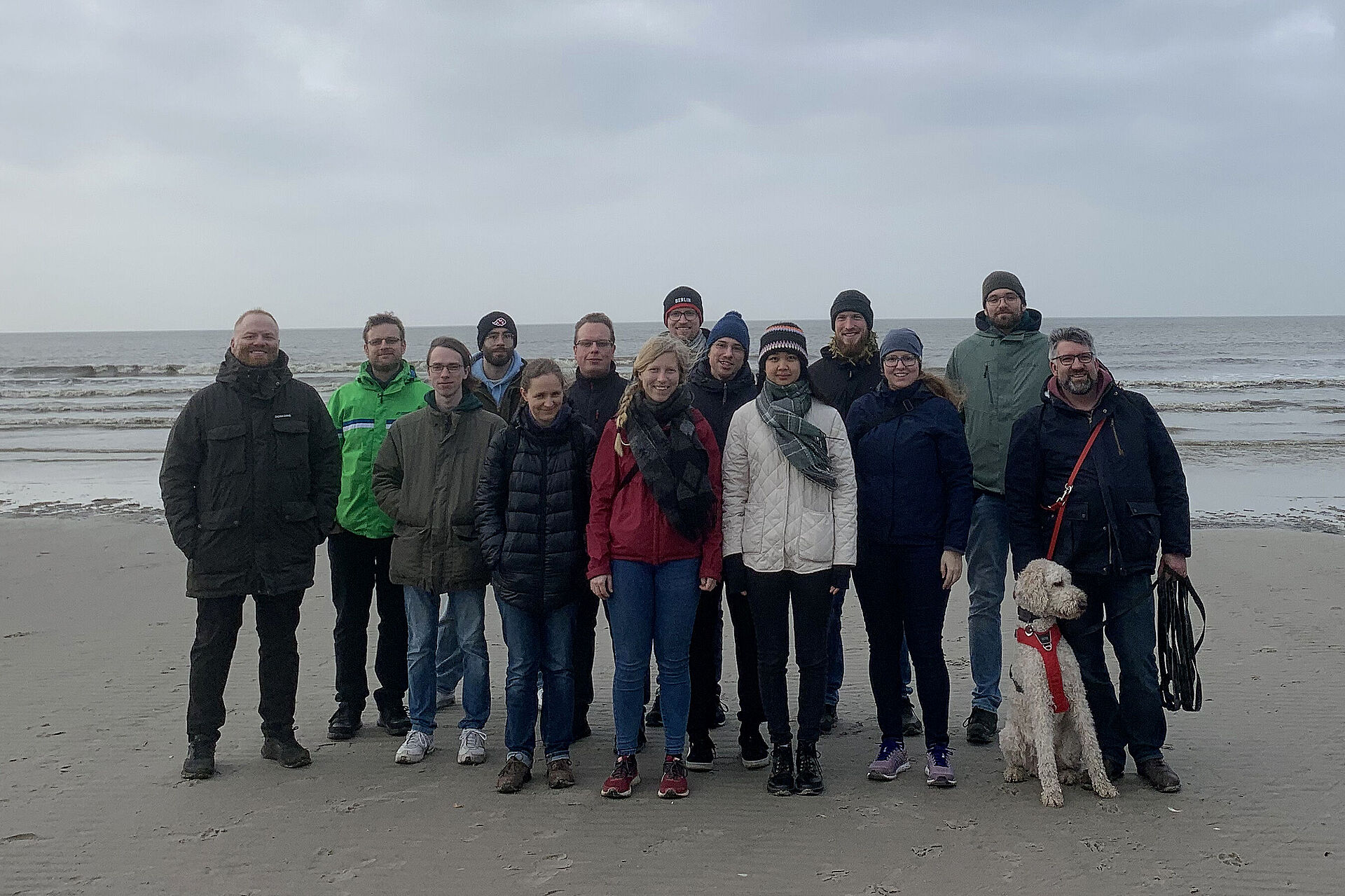
Our research aims at the theoretical description of complex chemical systems. Ultimately, we want to enable a quantum-chemical design of functional chemical systems.
Our group develops simulation methods for complex chemical systems that make it possible to treat large chemical systems with hundreds to thousands of atoms. To this end, we develop multiscale methods that enable an efficient treatment by using a partitioning into smaller subsystems and that make it possible to combine different quantum-chemical methods. In addition, we develop quantum-chemical methods for theoretical spectroscopy, work on next-generation density-functional theory approaches, and apply computational methods for challenging problems of modern chemistry.
Our method development is driven by concrete applications, on which we work in interdisciplinary collaborations with experimental groups. This ranges from the elucidation of catalytic reaction mechanism over drug discovery to computational materials design.
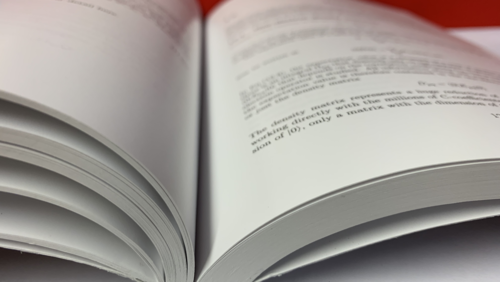
Bachelor and Master theses on topics of our research projects in theoretical chemistry are possible at any time. Student research projects as part of the PC-F advanced lab course (B.Sc. Chemistry) as well as research labs (M.Sc. Chemistry and M.Sc. Chemical Biology) can also be done in theoretical chemistry.
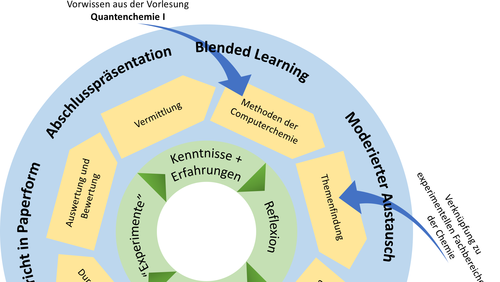
In our innovative project, the "Quantenchemie 2" module of the bachelor's program in chemistry is transformed into a "Computational Chemistry Research Lab".
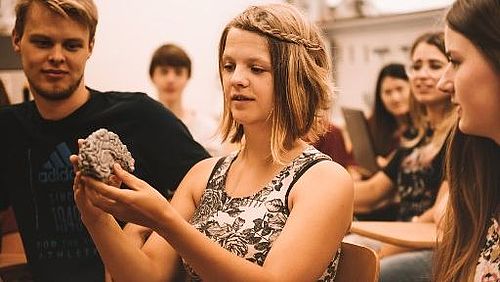
Successfull innovative teaching-learning projects can be transferred to other departments at the TU Braunschweig within the "Transferprogramm". We have transferred our teaching-learning concept "Chemie3D", which dealt with the visualization of complex three-dimensional contents, to neurobiology.
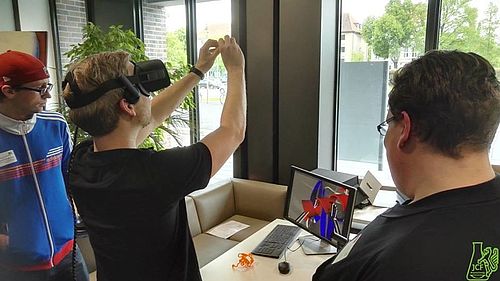
As part of the "in medias res" funding program, we developed an innovative teaching concept for the use of a 3D printer and virtual reality (VR) glasses in lectures and computational chemistry labs.
Research Groups
Bauerecker Group
Hohm Group
Jacob Group
Maul Group
Proppe Group
Tschierlei Group
Walla Group
Associated Groups
Muñoz Group (GRS)
Emeriti
Becker Group
Gericke Group
Personnel
Institute Director
Executive Board
Staff
Facilities
Workshop
School lab (G)
Agnes Pockels lab
Documents
Institute Rules (G)
Operation Manuals
Laser safety
Emergency numbers
Campus Map (G) Events Calendar (G)
TU Public Announcements
Whistle Blowing (G)
Ticket GITZ (G)
Ticket Facilities Management (G)
Energy Web Portal (G)
(G) German only
